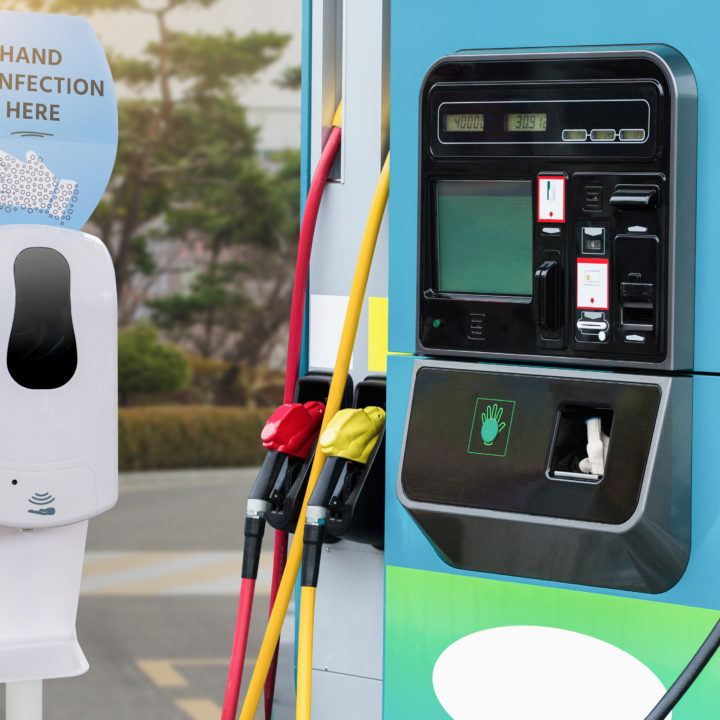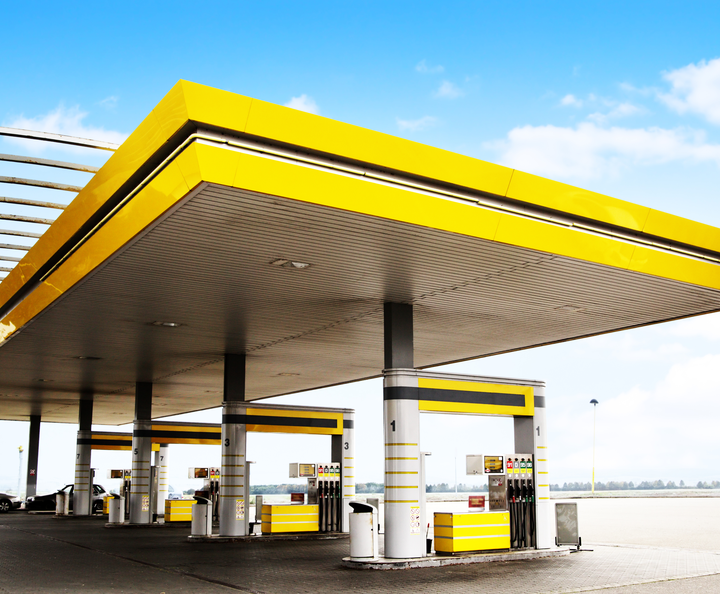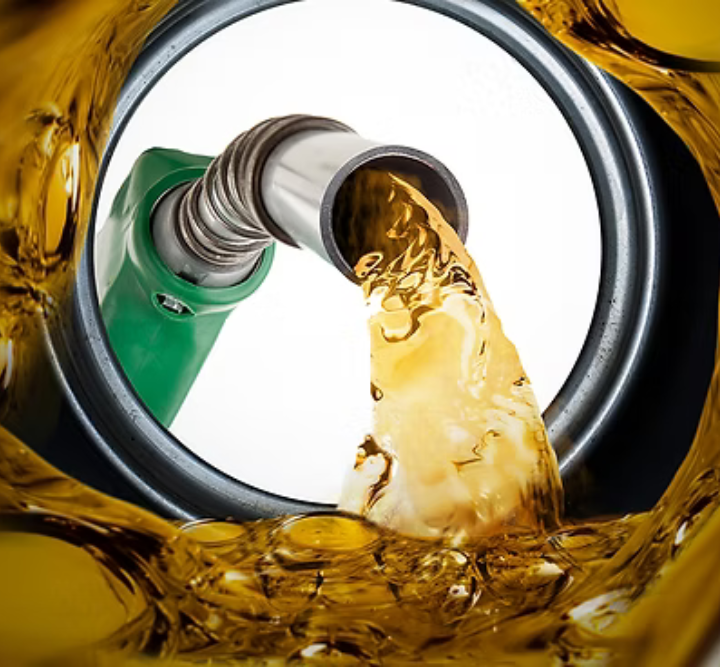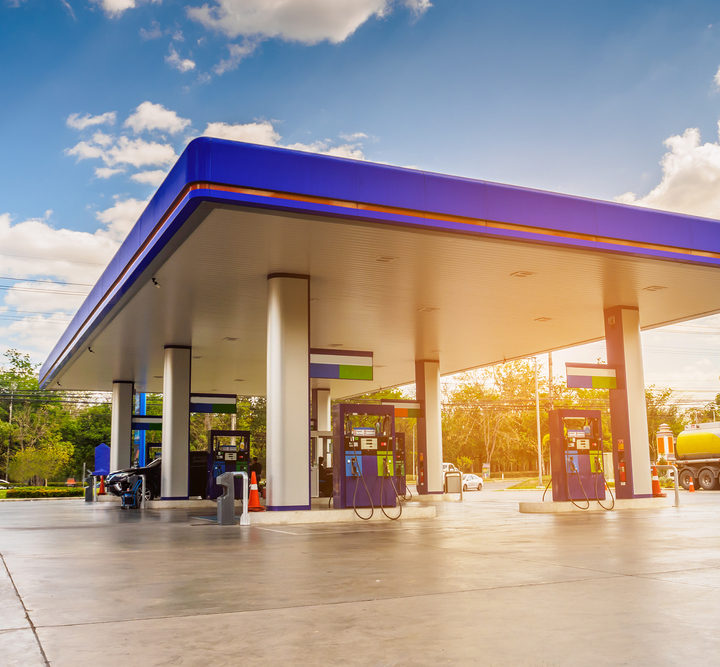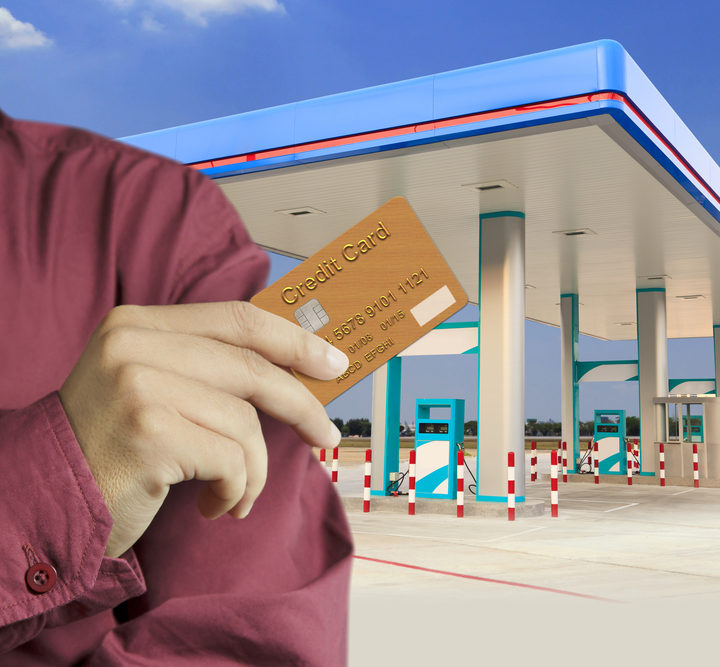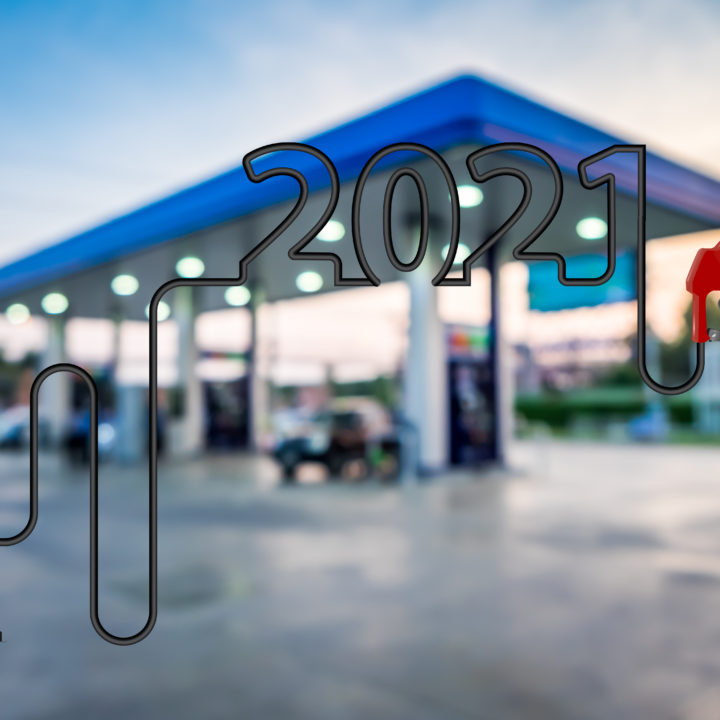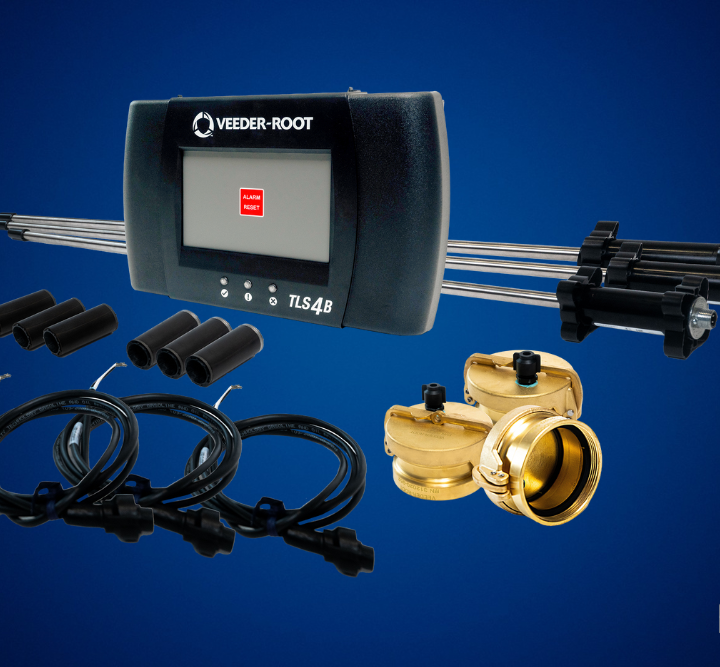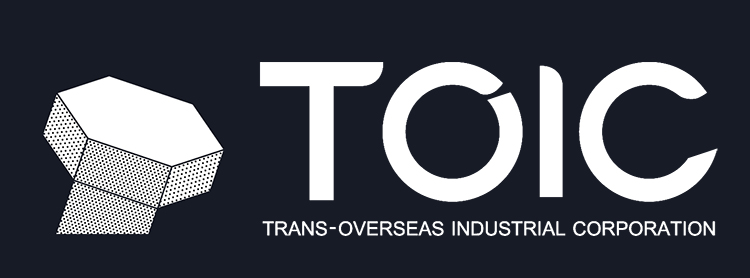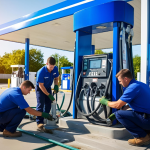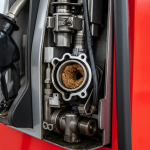Fuel dispensers are essential to the daily operations of any fueling station. Their performance directly impacts service efficiency, safety, and revenue. However, like all mechanical equipment, dispensers are subject to wear and degradation over time.
Recognizing early signs of malfunction or obsolescence is essential to avoid unplanned downtime, financial losses, and compliance issues. In this article, we’ll highlight the key signs that indicate when fuel dispensers need repair or when a full replacement should be considered.
Inaccurate Fuel Dispensing
If you’re receiving complaints about incorrect fuel volumes or if internal audits show discrepancies, your dispenser’s metering system may be malfunctioning. Even small measurement errors can lead to revenue loss and customer distrust.
Slow or Unresponsive Flow Rates
A noticeable decrease in fuel flow or delays during pumping could signal clogged filters, worn-out components, or fuel line issues. This not only disrupts service but also increases customer wait times, impacting your overall efficiency.
Frequent Breakdowns or Repairs
Are you calling for maintenance more often than usual? Constant servicing is a sign that your dispensers are no longer reliable. Investing in modern, durable equipment can reduce recurring costs and prevent unplanned downtime.
Lacks Modern Payment Integration
If your dispensers don’t support automated payments, contactless transactions, or modern POS integrations, they may be holding your business back. Today’s customers expect quick and seamless transactions, and outdated systems could cost you sales.
Visible Wear and Tear
Cracked displays, faded labels, leaking hoses, or rusted components are more than cosmetic issues—they’re potential safety risks. Physical deterioration can also give customers the impression that your station is poorly maintained.
Compliance Issues
Local and international fuel regulations change frequently. If your dispensers don’t meet the latest environmental, safety, or metering standards, you risk facing fines, penalties, or even shutdowns. Upgrading to dispensers that meet DOE, DENR, or international certification requirements ensures you’re audit-ready and fully compliant.
Increased Operational Costs
Old or inefficient dispensers often consume more energy and require frequent part replacements. These hidden costs add up over time. Replacing them with energy-efficient dispensers can cut expenses and improve your margins.
Conclusion
Fuel dispensers play a vital role in maintaining the integrity and efficiency of your fueling operations. Ignoring signs of wear, malfunction, or outdated technology can lead to serious operational disruptions, safety hazards, and customer dissatisfaction. Proactively addressing these issues—whether through timely repairs or strategic replacements—ensures continued reliability, compliance, and profitability.
At Trans-Overseas Industrial Corporation (TOIC), we are committed to helping you maintain high-performing and future-ready fueling systems. Our team offers expert guidance, diagnostics, and advanced dispenser solutions tailored to meet the demands of your business.
Why Choose TOIC Solutions?
Trans-Overseas Industrial Corporation (TOIC) Solutions, established in 1976, has been the trusted partner for fuel dispensers, fuel pumps, service station equipment, and the gas station industry in the Philippines. As a leading distributor of advanced fueling technology, we provide reliable, efficient, and durable solutions that enhance the performance of your fueling operations.
With years of expertise and strong partnerships with multinational corporations, TOIC delivers top-quality products, including automatic tank gauging, tank calibration, wetstock management, POS service station systems, and tank testing. If you’re looking to upgrade your fueling system, reduce operational costs, and ensure precision in every transaction, TOIC Solutions is the name to trust. Talk to us!
